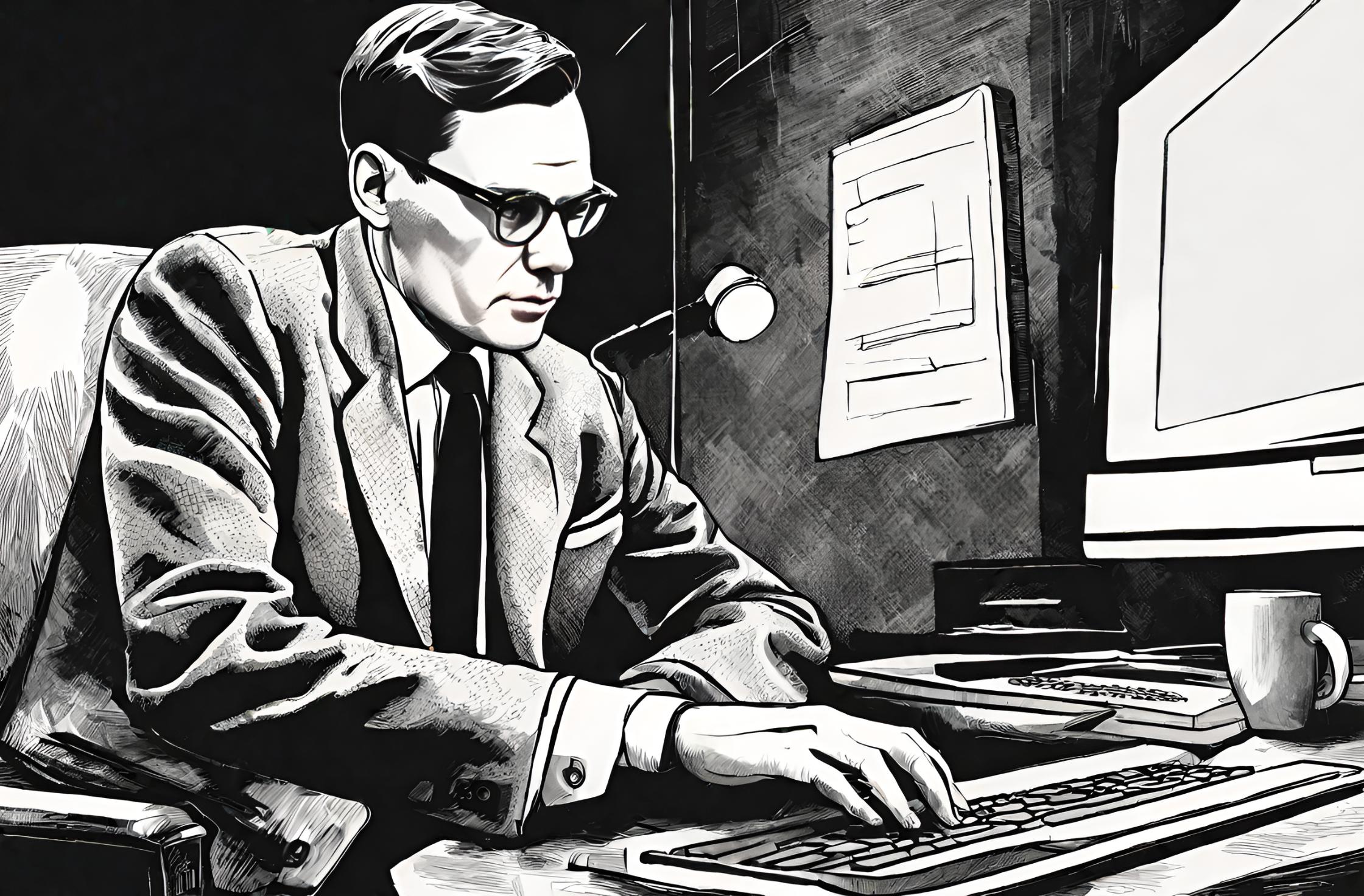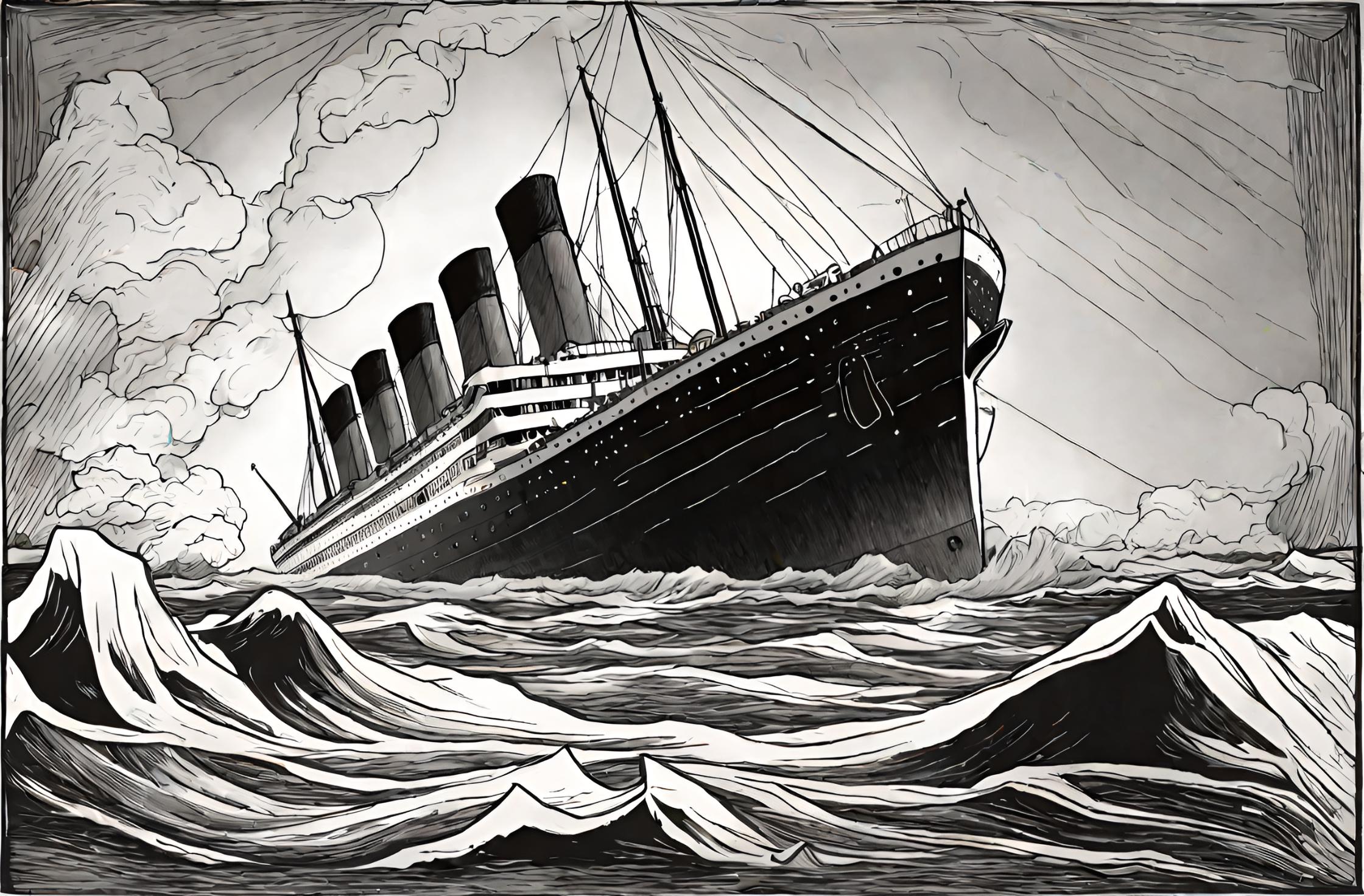Flashback to April 15
World History

On May 28, 1936, a significant event took place in the world of computing and mathematics. It was on this day that Alan Turing, a brilliant British mathematician and computer scientist, submitted his groundbreaking work titled “On Computable Numbers” for publication. This event marked a turning point in the history of computing, as Turing’s paper laid the foundation for the concept of a universal computer and the field of artificial intelligence.
In his seminal work, Turing introduced the idea of a machine that could mimic any other machine’s behavior by using a series of basic instructions. This theoretical machine, which came to be known as the “Turing machine,” formed the basis for modern computers and the field of computational theory.
The significance of Turing’s paper cannot be overstated. It challenged the prevailing notion of what constitutes a computer and demonstrated that any computation could be performed by a machine following a finite set of rules. This concept paved the way for the development of computers that could perform complex calculations and eventually led to the birth of the digital age.
Turing’s “On Computable Numbers” also explored the idea of whether it was possible for a machine to exhibit intelligent behavior. He argued that if a machine could simulate the behavior of any other machine, it could also simulate human intelligence. This idea laid the foundation for the field of artificial intelligence, which has since grown into a multidisciplinary field with numerous applications.
The impact of Turing’s work on modern computing cannot be overemphasized. His ideas formed the basis for the development of modern computers and laid the groundwork for advancements in fields such as cryptography, computer programming, and computational theory. Without Turing’s groundbreaking work, it is difficult to imagine the world we live in today, where computers are an integral part of our everyday lives.
In addition to his contributions to computing, Turing also played a crucial role in breaking the German Enigma code during World War II. His work as a codebreaker at Bletchley Park, where he and a team of mathematicians and cryptographers successfully deciphered encrypted messages, helped to shorten the war and save countless lives.
Despite his groundbreaking contributions, Turing’s life was marred by tragedy. In 1952, he was prosecuted for his homosexuality, which was considered a criminal offense in the United Kingdom at the time. Turing was convicted and subjected to hormone therapy as an alternative to imprisonment. He tragically died by suicide in 1954, at the age of 41.
It wasn’t until 2009 that the British government officially apologized for Turing’s prosecution, acknowledging the injustice he had suffered. In 2013, Turing was posthumously pardoned, further recognizing the immense contribution he had made to the fields of computing and codebreaking.
Today, Alan Turing’s legacy lives on. His work continues to inspire and shape the development of new technologies, and his contributions to the field of computer science are celebrated and revered. Turing’s groundbreaking paper, “On Computable Numbers,” marked a turning point in the history of computing and laid the foundation for the digital world we live in today.
We strive for accuracy. If you see something that doesn't look right, click here to contact us!
Sponsored Content

RMS Titanic sinks at…
On April 15, 1912,…

International Exposition opens in…
The International Exposition in…

Otto Brenner, German trade…
Otto Brenner, a prominent…

Ian Smith becomes premier…
On April 15, 1964,…

Earl G Andrßssy sentenced…
On April 15, 1851,…

The Bergen-Belsen concentration camp…
On April 15, 1945,…

